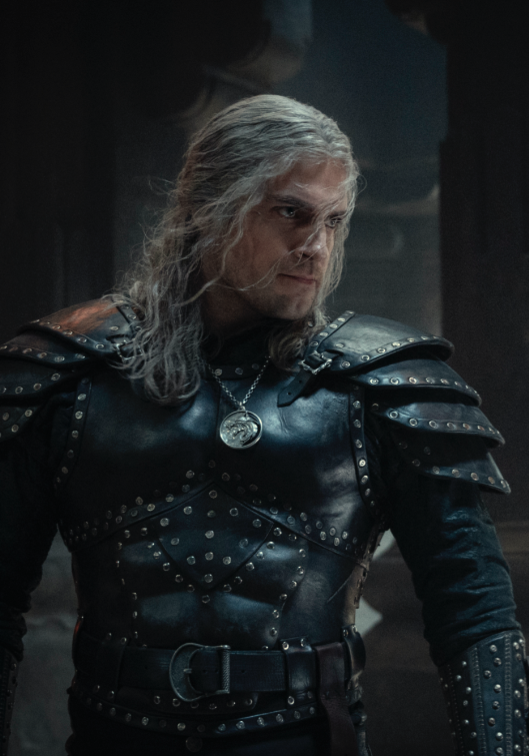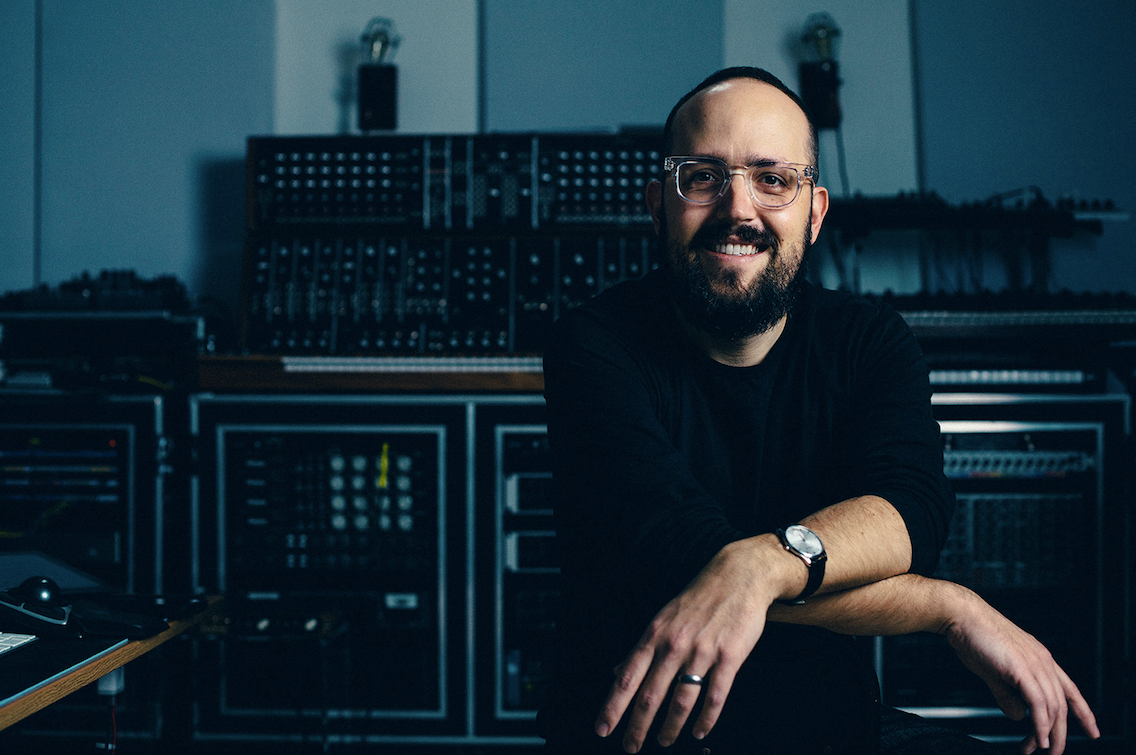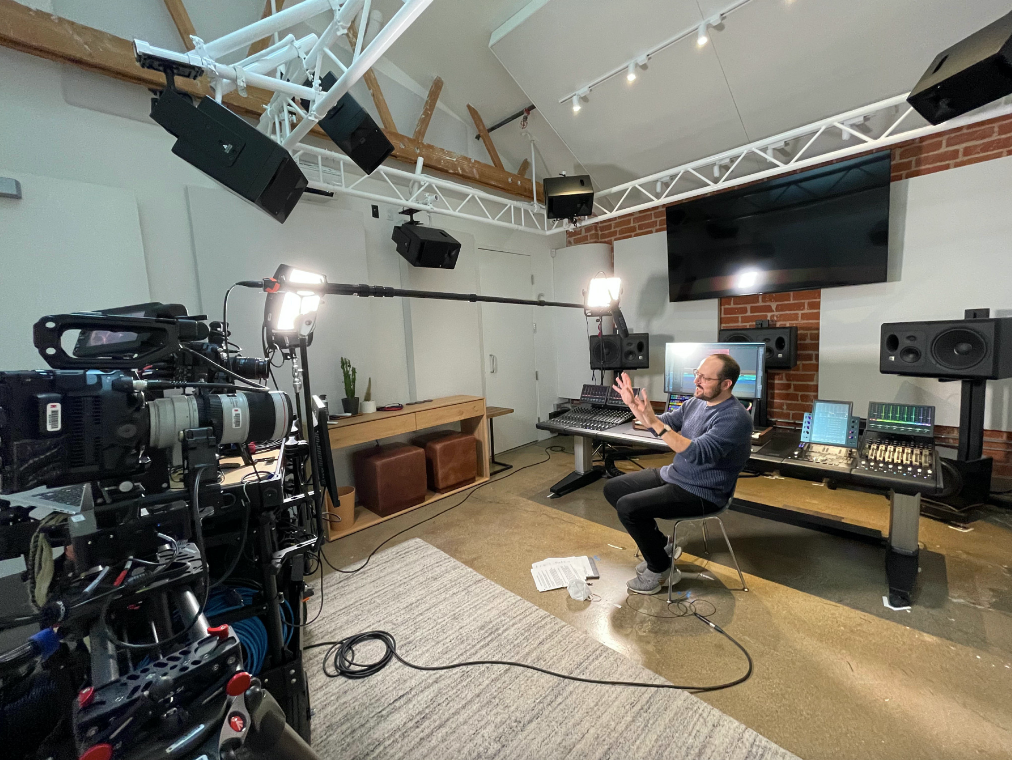Magic, monsters and witchers, oh my! Such is the scenery of one of Netflix’s biggest hit series to date, with Superman himself, Henry Cavill, in the titular role of ‘the witcher’. No pressure then for composer Joseph Trapanese to step into the role of lead composer for its second season. He’s already enjoyed an exalted career, having scored such blockbuster hits as The Greatest Showman, Tron: Legacy and Oblivion. He speaks to Headliner about taking over the reins of The Witcher, his mission to get a real orchestra on its score despite the challenges of covid, and how his beloved JBL speakers played their part.
As Headliner is speaking to Trapanese with the Emmy award show buzz beginning to sizzle, he’s asked how he feels about TV and film awards after a career that spans more than 12 years since he collaborated with Daft Punk to deliver the music for Tron: Legacy. Does he do all this just for the gongs?
“As a friend of mine said, ‘Awards mean nothing, and you should win as many of them as you can’,” Trapanese says with a hearty laugh.
“Honestly, I do not do this for the awards. How sad and depressing would that life be? I think it's so wonderful when making music and making art lines up with a chance to celebrate it in a way like at the Emmys, and I have zero expectations.
"I just think we made something awesome [on The Witcher]. I'm honoured to share it with the world. Music is something I would do anyway, even if I didn’t get paid and nobody listened. So it’s the icing on the cake that so many people are getting so much out of it.”
Trapanese was born in New Jersey in 1984 and refined his pre-career composing chops at The Manhattan School of Music.
As well as Daft Punk, he has collaborated on scores with other brilliant artists — both The Raid: Redemption with Linkin Park’s Mike Shinoda and the Tom Cruise-starring Oblivion with French electronic duo M84, which are very much worth a listen on their own terms as soundtracks.





